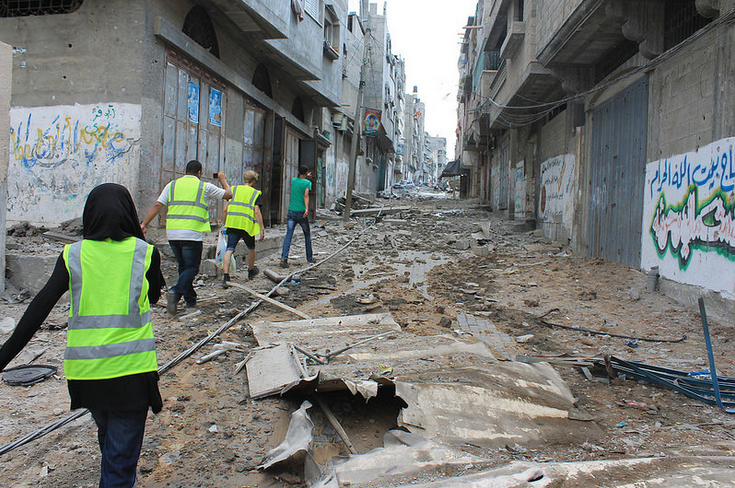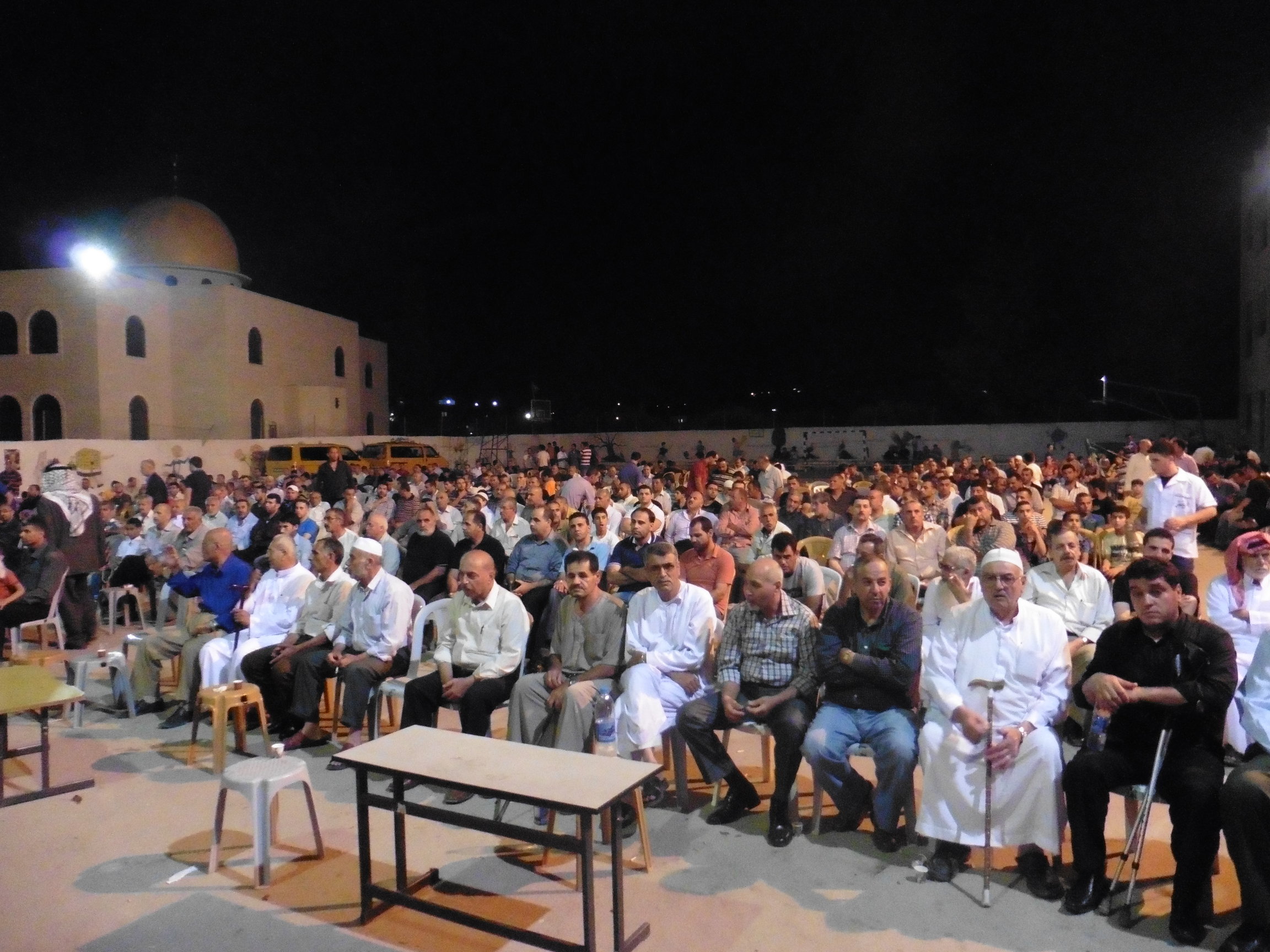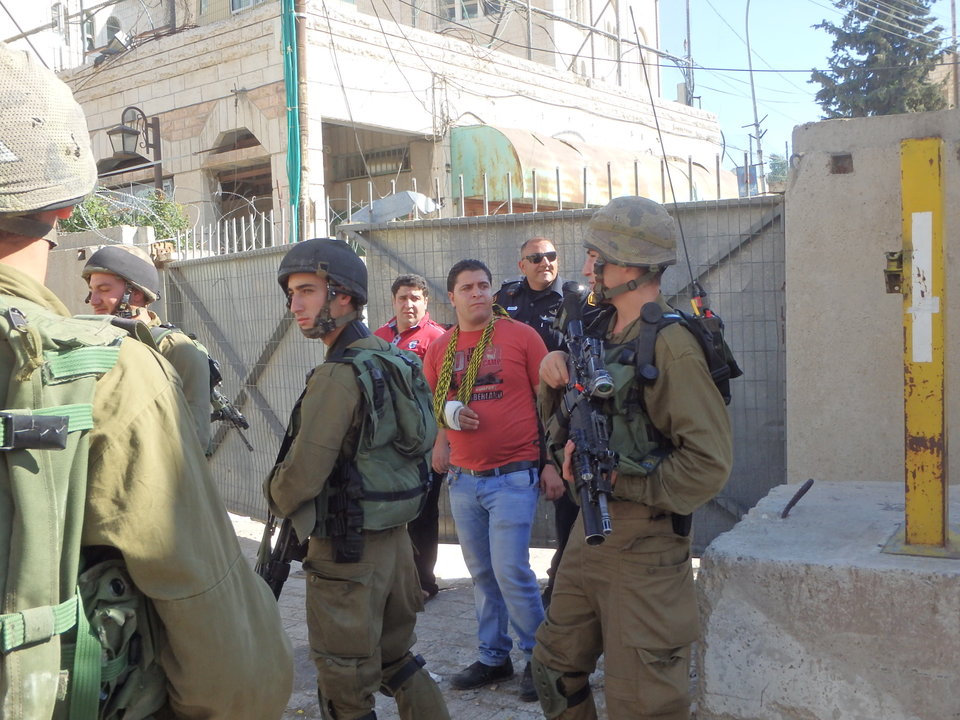Author: ISM Media
-
Video: In memory of Salem Shammaly
27th July 2014 | International Solidarity Movement | Gaza, Occupied Palestine In honour of the memory of Salem Khalil Salem Shammaly, the International Solidarity Movement (ISM) has published all the raw footage, taken by Mohammed Abedullah, of Salem’s murder. Yesterday during the ceasefire, Salem’s body was finally able to be recovered and buried after five long days. Salem’s cousin,…
-
Two Palestinian teenagers were murdered by an Israeli settler and an Israeli soldier in separate incidents in Huwwara
27th July 2014 | International Solidarity Movement, Nablus team | Huwwwara, Occupied Palestine On Friday, July 25, an Israeli settler murdered a Palestinian teenager in the village of Huwwara, which lies approximately 10 km south of Nablus in the northern half of the West Bank. Two hours later, an Israeli sniper killed another Palestinian teenager in the same…
-
Settlers break in to Palestinian home, Palestinians arrested
25th July 2014 | International Solidarity Movement, Khalil team | Hebron, Occupied Palestine Israeli settlers in the H2 (under full Israeli military civil and security control) area of Hebron, forced entry into a basement and passage connected to the home of a Palestinian, Abed Sider, which is bordered by a sealed off building now occupied by…



